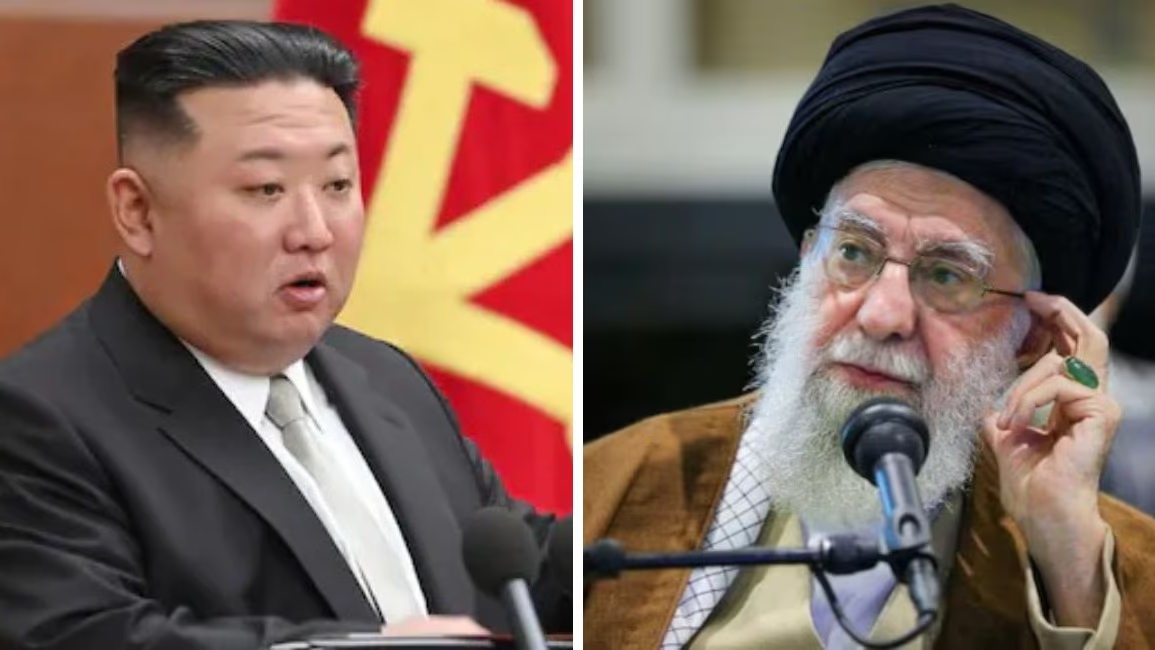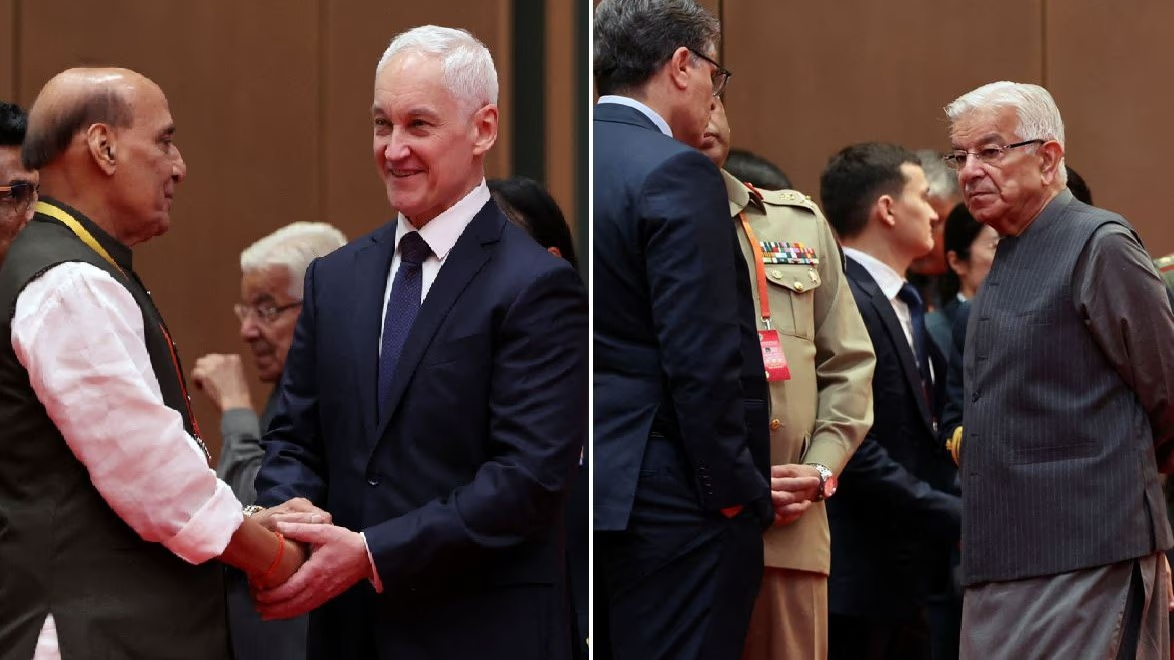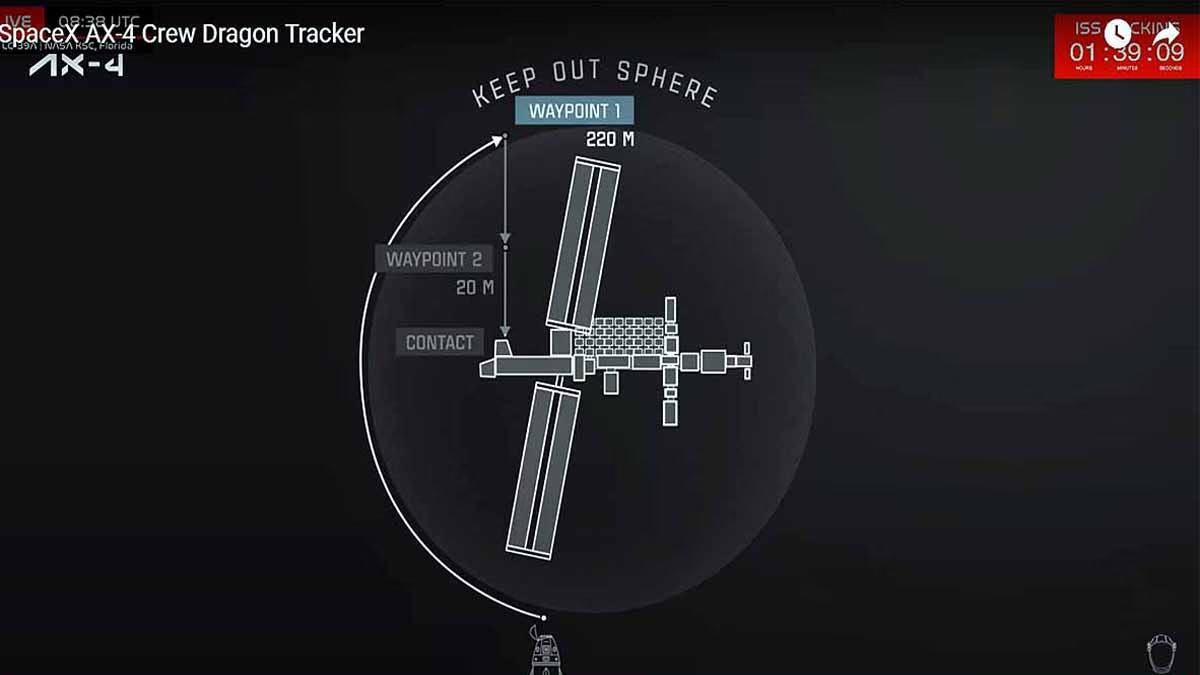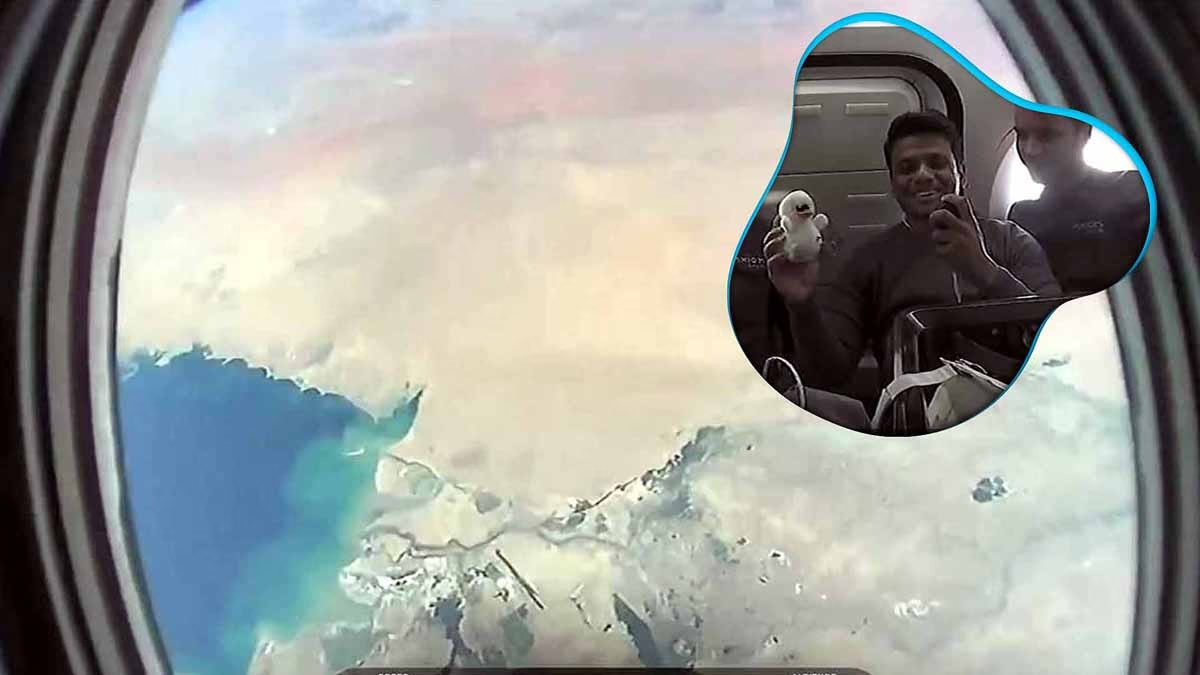A ceasefire occurred between Iran and Israel, yet alarming news emerges from North Korea. Former US National Security Advisor John Bolton claims a dangerous alliance between Iran and North Korea. He alleges that Iran’s Supreme Leader Khamenei is determined to build a nuclear bomb at any cost, with Kim Jong-un supporting this ambition.
Despite claims of American assaults destroying Iran's nuclear sites, activity at Iran’s nuclear centers in North Korea has surged post-ceasefire. The pressing question is whether Iran’s missing 400 kg of uranium has reached North Korea, and if Khamenei might fulfill his nuclear ambitions with Kim Jong-un's assistance.
Explore more: Following or liking Israeli social media accounts could be deemed a crime under Iran’s new espionage laws
North Korea's Ultimate Strength: The Nuclear Arsenal
Kim Jong-un’s greatest strength comes from his nuclear arsenal, which he uses unabashedly to threaten America. Despite numerous sanctions, North Korea conducted nuclear tests in 2006. Now, former NSA John Bolton has made startling claims about Kim Jong-un’s nuclear strategy.
Claim 1 - Kim Jong-un plays a crucial role in Iran's nuclear bomb plans.
Claim 2 - North Korea is secretly aiding Iran.
Claim 3 - Part of Iran's nuclear program exists in North Korea.
Claim 4 - Iran also has underground nuclear centers in North Korea.
In an interview, John Bolton expressed his concern that segments of Iran’s nuclear program are under a mountain in North Korea. His assertion is that Iran's nuclear operations are partially housed within North Korea, suggesting Iran could craft an atomic bomb sooner or later. Meanwhile, Angelo State University Professor Bruce Bechtol argues that North Korea significantly supports Iran’s nuclear endeavors.
Uranium Supply to Iran from North Korea?
Bruce Bechtol, an expert who has authored numerous books on North Korea, claims that Iran sourced uranium from North Korea. Furthermore, North Korea fully assisted in constructing Iran's underground nuclear centers at Fordo, Natanz, and Isfahan. North Korea is deeply invested in Iran’s success in crafting a nuclear bomb soon.
Significantly, North Korea withdrew from the Nuclear Non-Proliferation Treaty in 2003 and conducted its first nuclear test in 2006. Similarly, Iran has hinted at withdrawing from the treaty, remaining resolute in its pursuit of nuclear weaponry, despite the ceasefire. Meanwhile, US President Donald Trump insists that America will prevent Iran from developing a nuclear bomb.
This raises an essential question: Where is Iran's 400 kg of uranium, which could produce not just one or two but ten nuclear bombs? Currently, the whereabouts of these 400 kg of uranium remain the most significant mystery, magnified by suspicions surrounding the convoy of vehicles observed near the Fordo nuclear center just before the attack.
A Convoy of Trucks Seen Near Fordo Nuclear Facility!
Satellite imagery displayed a convoy of 16 trucks outside the Fordo nuclear facility, raising suspicions that these trucks transported the uranium. Though the uranium's current status remains unclear, Iran's Deputy Foreign Minister Ali Bagheri asserts that the 400 kg of uranium had already been relocated.
If so, where is Iran's secret base? Has the uranium been sent to North Korea or moved to another underground location? US Vice President J.D. Vance confirmed that America would discuss the matter of the vanished 400 kg of uranium from Iran.
Dive deeper: Iran obliterates Trump’s ‘Peace’ maneuver in the Middle-East, disrupting US strategies
J.D. Vance said, “The U.S. is certain that Iranian nuclear sites at Fordo, Natanz, and Isfahan have suffered either ‘serious damage’ or have been ‘completely destroyed.’” However, Vance admits he cannot provide precise information and remains uncertain regarding these claims.
China, North Korea, and Russia Stand with Iran
Iran’s nuclear program enjoys the support of three nations: China, North Korea, and Russia. With China’s assistance, Iran's largest nuclear research complex, Isfahan, was established in 1984. China supplied three reactors, North Korea aided in designing and constructing underground facilities at nuclear sites, and hundreds of Russian nuclear scientists continue to work in Iran's nuclear centers today.
Despite three decades of efforts, Iran has failed to develop nuclear weapons, whereas North Korea succeeded despite numerous sanctions. North Korea now possesses 50 nuclear bombs and collaborates with Iran on long-range missile construction. Consequently, many global experts believe that only Kim Jong-un can fulfill Khamenei's nuclear bomb aspirations at present.




